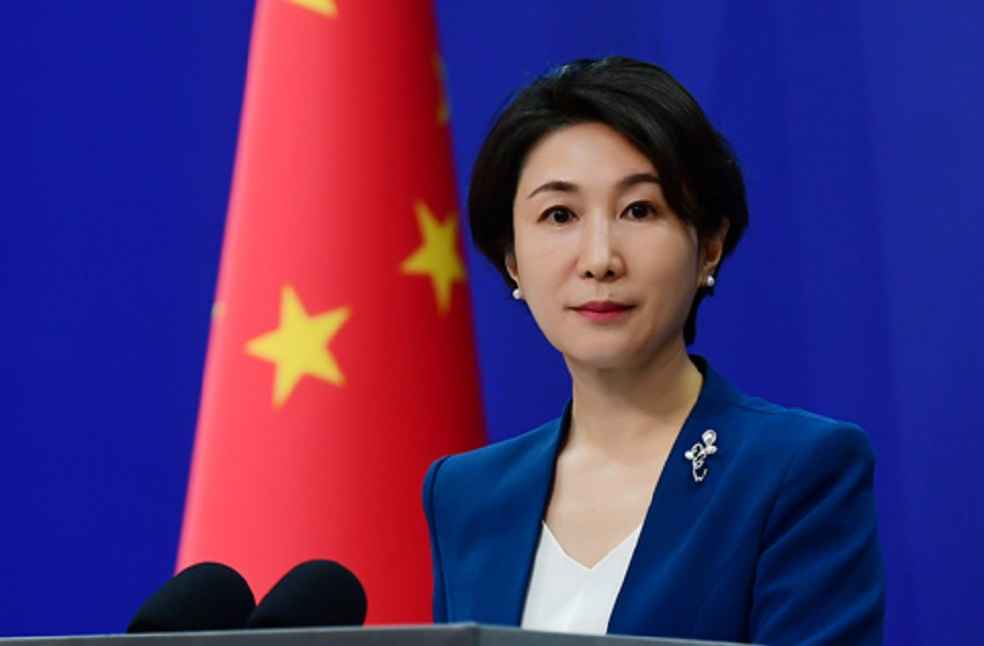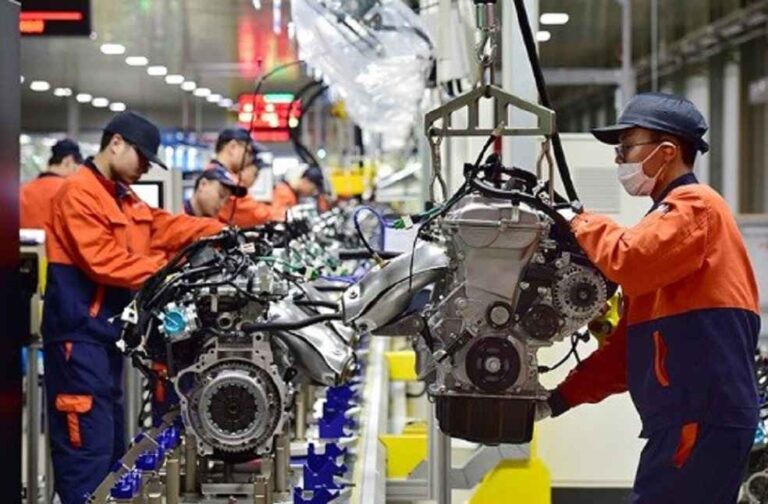Industry specialists express concern regarding the United States’ escalating efforts to curtail China’s burgeoning auto sector, perceived as a politicization of trade likely to stymie global automotive progress. Republican Senator Marco Rubio’s proposition to markedly elevate tariffs on vehicle imports from China, extending these levies to Chinese-manufactured vehicles in nations like Mexico, epitomizes the recent auto trade strategies designed to safeguard American automobile manufacturers and their workforce.
This strategy, aimed at confining electric vehicle subsidies to those complying with stringent North American trade stipulations, has ignited discussion among observers. Zhang Xiang, a distinguished authority at the Digital Automotive International Cooperation Research Center, denounces this move as a further attempt by the US to curtail China’s technological ascendancy, drawing parallels with the US’s prior stance against Chinese tech conglomerate Huawei in the 5G domain.

Zhang emphasizes that these measures, purportedly for ‘information security,’ contravene international free trade tenets and could potentially retard advancement within the US auto industry. He underlines the jeopardy the US faces in lagging behind in novel energy technologies, where China has carved out significant advancements. According to Zhang, such tariff augmentations could detrimentally impact the worldwide auto industry.
Rubio’s proposition unfolds against a broader canvas of US apprehensions concerning the potential national security implications of internet-connected vehicles from China. US Commerce Secretary Gina Raimondo characterizes contemporary automobiles as “iPhones on wheels,” suggesting the pervasive deployment of Chinese vehicles in the US could introduce significant security vulnerabilities.

Contrarily, Chinese spokespeople, including Foreign Ministry representative Mao Ning, champion the international acclaim of Chinese vehicles. They argue that their triumph on the global stage stems from fierce competition, technological innovation, and superior quality, rather than unfair tactics. Mao lambasts US trade protectionism and biased policies as impediments to the US market for Chinese vehicles, asserting such politicization of economic discourses will only impede the US auto industry’s evolution.
As the US inches toward its November elections, the discourse over Chinese electric vehicle imports intensifies, mirroring broader US-China relational strains. This scenario highlights the intricate nexus between national security, trade policy, and the international quest for innovation within the automotive realm.
EV WORLD | Chinese EV Makers Charge Into Australia, BYD Leads Amid Rising Green Car Demand





